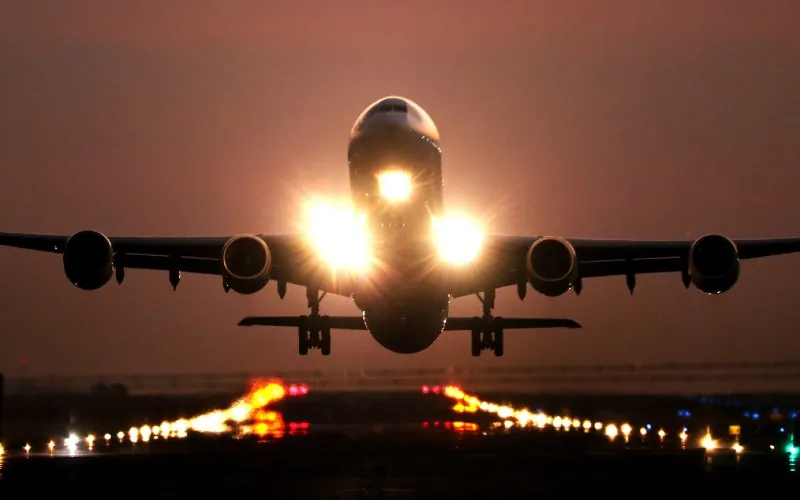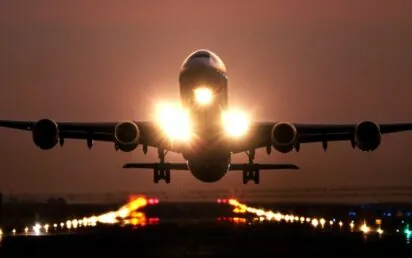A proposed $7.3 billion merger between two satellite communication companies has been approved by the UK’s Competition and Markets Authority.
An initial investigation last year found that the deal between Viasat and Inmarsat could lead to airlines facing higher prices for on-board Wi-Fi – and a lower-quality product – as that market develops.
The CMA said then that the deal – announced in November 2021 – would remove key competitors from the market.
However following a provisional clearance in March, the CMA is now allowing the proposed merger to go ahead. Its phase 2 investigation found that “while Viasat and Inmarsat compete closely, the merged company will be challenged by emerging and established competitors in coming years”.
Both Viasat and Inmarsat supply businesses globally with satellite connectivity that enables services such as the internet, email, and video calling – including for use on aircraft.
The evidence analysed by an independent CMA panel showed that the satellite sector is expanding rapidly due to increased demand for satellite connectivity, driven largely by the ever-growing use of the internet by business and consumers.
Meet tech firm with no managers where decisions are made by ‘Council of Elders’
A number of new operators have recently entered, or are planning to enter, the satellite communications sector to offer connectivity services for aircraft – including Starlink, operated by SpaceX. Since the start of the CMA’s phase 2 review, the firm has launched a significant number of new satellites into space and secured its first contract with a European airline (airBaltic).
Established players – including Panasonic and Intelsat – are also investing and entering into new sector partnerships. For example, both companies have signed agreements with recent entrant OneWeb, which completed its global satellite constellation last month, allowing them to use OneWeb satellites to enhance their own offerings to airlines.
“The satellite communications sector is evolving at rapid pace – new companies are entering the market, more satellites are being launched into space, and firms are exploring and entering into new commercial deals,” said Richard Feasey, chair of the inquiry group carrying out the phase 2 investigation.
“All the evidence has shown that the sector will continue to grow as the demand for satellite connectivity increases.
“After carefully scrutinising the deal, we are now satisfied that, following the merger, these developments will ensure that both airlines and their UK customers will continue to benefit from strong competition.”

